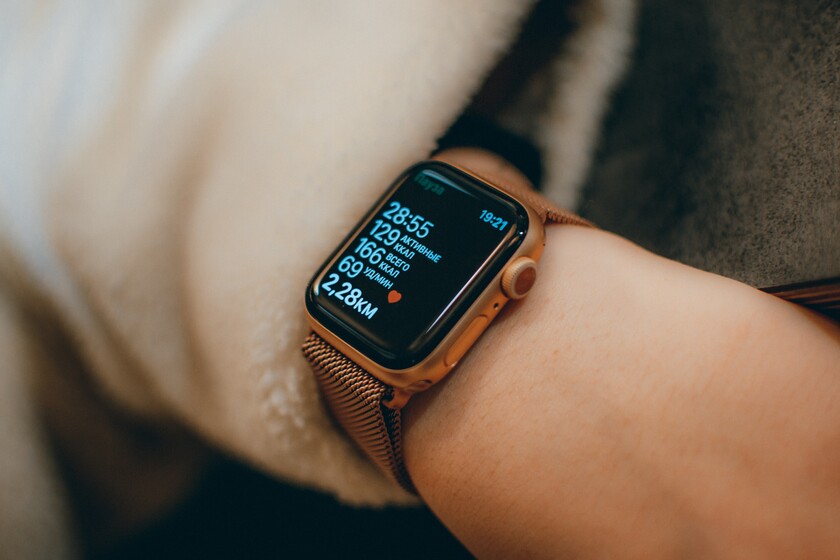Apple has announced a cooperation with scientists and researchers at the University of Washington to carry out a study that aims to determine how the Apple Watch can predict certain respiratory diseases such as coronavirus. A study that will collect data through the participants’ devices and that could represent a true revolution in the medical capabilities of the Apple Watch.
The importance of algorithms and artificial intelligence models
It is more than surprising as some seemingly disconnected data can be used to make such accurate predictions like the ones the Apple Watch does. Let’s imagine that someone tells us: look, Apple is going to present a watch that with an accelerometer will know if the watch is looking down or up. Faced with such a “novelty” we would say that it is okay, that very well, but and when can this data be used to track sports of dozens of types of training with an amazing capacity?
The only difference between the first scenario and the second is, to simplify slightly, the trained model capable of interpreting the data from the sensors. This is what this new medical study seeks to determine: how the Apple Watch can, with the data collected, make an interpretation that leads us to predictions of certain diseases. This is how the organizers express themselves about it (via AppleInsider):
The aim of the study is to see if the information collected by the Apple Watch and the iPhone can detect early signs of respiratory diseases such as COVID-19.
[El estudio se centra en el área de Seattle porque los residentes] They may be at higher than normal risk for respiratory diseases due to frequent exposure to others through work or other activities, health conditions, or other factors.

A study of up to six months that can revolutionize the medical capabilities of the Apple Watch.
The duration of the study is expected to be “up to six months,” during which time participants will periodically answer surveys and questions through the Apple Research app on the iPhone. If at any time a participant is unwell receive a test for COVID-19 and other respiratory conditions at home. This will determine if the information that the Apple Watch has been able to collect on blood oxygen concentration, pulsation and other variables, pointed to one of these conditions in any sense.
The truth is that, although for now this kind of study is only available in the United States, their benefits go beyond their borders. The cooperation on medical issues is remarkable and the conclusions of these studies, as well as ideas for replicating, continuing or expanding them will benefit us all.

It is clear that Apple, between its well-known respect for privacy and its huge ecosystem of devices around the world, is uniquely positioned to bridge the gap between researchers and data to carry out such investigations. For now, we will have to wait to see the results, but the simple beginning of a study of these characteristics is in itself excellent news.
